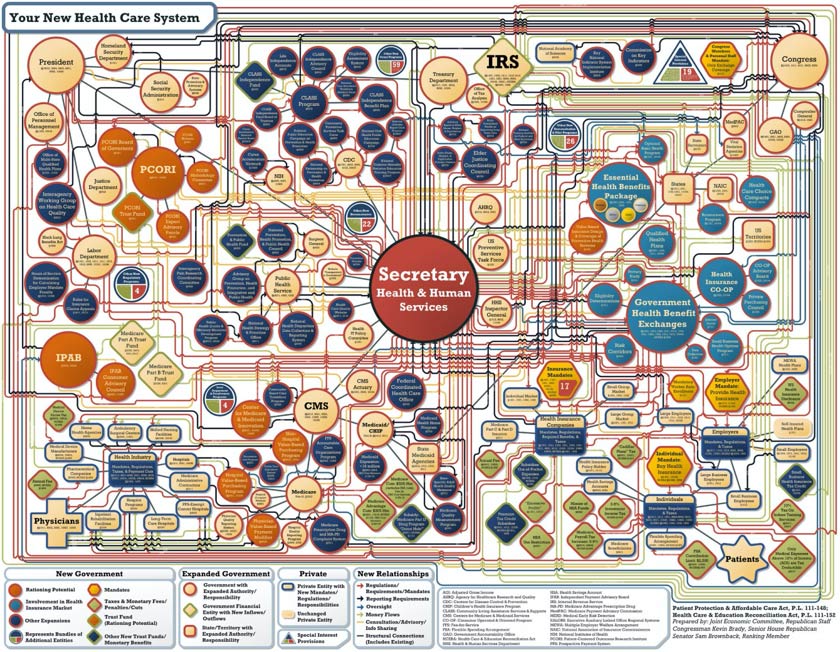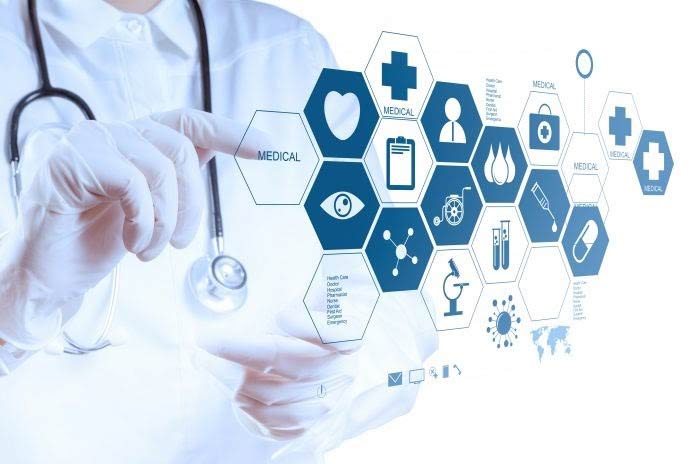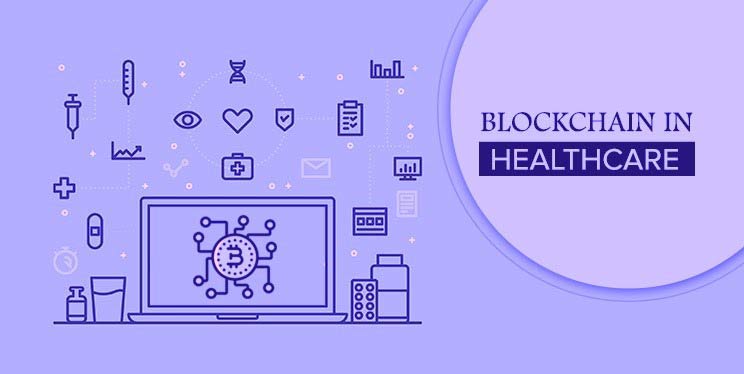Currently, the healthcare industry is sadly overwhelmed by too many intermediaries who delay and affect various healthcare operations. According to Healthcare Weekly, such confused intervention highly affects healthcare services. They state that, due to the disparity in pharma and drugs, 9 out of 10 drugs fail to cure illness as intended. This is because either the pharmacy did not have access to the right resources or there were fraudulent clinical trials in developing the drug. Blockchain in healthcare can help fight against medical crimes. Thus, the reason why blockchain development in healthcare is on a high demand today.
FDA has always been warning the healthcare industry about fake drugs and malpractices in healthcare. If the system of communication, data sharing and data records were organized, it would reduce the number of fake drugs. FDA states that most healthcare institutions fall prey to counterfeit drugs and medical fraud. This results in more than 100,000 reported deaths in the U.S alone. On a global scale, it is far scarier to even think about the extent to which the traditional healthcare system is functioning.
To give you a better idea why this happens, take a look at the image below. The following image indications how healthcare system operates traditionally. It can almost fry your brain to identify the origin of every data stored? Where the authority is? Where mistakes happen? And so on.

WHO states that counterfeit drugs can make healthcare institutions incur a loss of up to USD 75 billion in one year alone. That is huge money. Reducing counterfeit medicines can help use this money efficiently to save lives.
This is where blockchain companies come into play. Leading blockchain development companies are focusing on building healthcare apps to ease the lives of doctors, healthcare providers, and patients. More like consider blockchain as the saviour of the healthcare industry. Do you believe it is kind of an overreach to think like that? Of course not. Keep reading to know ways in which blockchain technology in healthcare is a boon.
How blockchain development will help overcome healthcare challenges?
Assured supply chain integrity
In some countries, certain pharmacies provide drugs without prescription. Especially in Asian countries, drugs are sold at cheap prices to anyone who walks into a pharmacy. Such drugs have no way of being tracked to identify its point of origin and validate its authenticity.
Blockchain development eliminates this scenario with the help of smart contracts. Pharmacies can use smart contracts that store information about the drugs right from its point of origin to its delivery point. Thus, with the help of blockchain, healthcare institutions and pharmacies can improve their drug integrity.
Blockpharma offers blockchain-based solutions to fight against counterfeit drugs.

Consolidation of patient data
Traditional systems are either still based on paper and documents or are negatively affected by middlemen intervention. Hospitals find it hard to trace information about a patient when they come for a re-checkup or when they change physicians. For instance, a foreigner who seeks to get treatment in a foreign country would face challenges in getting the right treatment. All because the new foreign physician does not have access to the historical patient data.
Blockchain helps in developing decentralized e-records. These e-records can be used to maintain all health data about a patient. Thus, any patient can get the right treatment anywhere at any time from any appropriate physician.
Blockchain can help with patient data audits to ensure data quality.
Securing patient data maintenance
Today consolidating patient data is just not enough. What if the patient data is consolidated but not authenticate? It would have a dramatic effect on patient treatment. Digital hackers are easily manipulating and stealing the digital identities of doctors and hospitals. As the statistics above show there is a rise in medical malpractices.
Blockchain helps in ensuring that hospitals maintain strict compliance and adherence to HIPAA regulations. Factom is an IT company that uses a private key called Factom security to enable and disable authorized access to private patient data.
Streamlining medical operations
Becker’s Healthcare review mention that due to miscommunication and poor hospital management, hospitals face a loss of USD 11 billion per year industry-wide. The image above which shows the complication in the communication between hospital departments is the reason for this big loss. Complex communication channels exhaust medical staff resources and yet cannot fulfil the intended task.
Blockchain is decentralized without any central authority. It creates a supportive ecosystem of patient-focused data environment. Blockchain encourages streamlining of all operations and transactions that place. Doctors, hospitals and pharmacists can now easily and quickly access patient information shared between peers to coordinate and take informed decisions.
Reforming the traditional medical methods to digital coordination with AI and blockchain provides countless possibilities.

Improved healthcare R&D
Illness of various kinds are discovered on a daily basis. Some clinics synthesize and create illness within protected borders in order to create fighting vaccination for it. All in all, the end result is that the supply of vaccines and cures are not anywhere close to the rate of demand. Either the price of medications is high or R&D clinics do not have sufficient access to resources for conducting successful research.
Blockchain is a decentralized and a Distributed Ledger Technology (DLT). It provides sufficient and unrestricted access to resources to the R&D clinics. Now, they can get access to resources beyond borders directly from the suppliers or lenders. Reduction in the cost of acquiring research equipment is an added benefit.
Acceleration of healthcare operations by automating operations and tasks with blockchain can improve R&D.
In a nutshell:
Blockchain is positively disrupting the healthcare industry
Blockchain technology for healthcare encourages this industry to create and provide value-added healthcare services. They support healthcare institutions to conduct extensive programs to reach underprivileged regions and countries through ICO funding. They ensure strategic decision making with the help of smart contracts and the distributed ledger.
Be it assistance in market share growth, quality in data sharing or ensuring patient satisfaction, blockchain provides possible solutions. What other way do you think blockchain is affecting the healthcare industry? Let us know.
